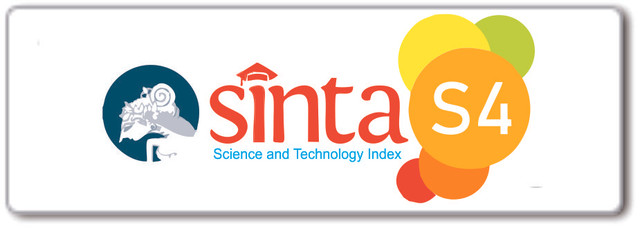Philosophical Foundations and the Development of the Merdeka Curriculum in Indonesia: A Literature Reviews
Abstract
This study explores the philosophical foundations and development of the Merdeka Curriculum in Indonesia, emphasizing its role in addressing contemporary educational challenges. The primary aim is to analyze and integrate philosophical principles to establish a theoretical framework connecting educational theory, policy, and practice. Employing a qualitative literature reviews methodology, this study draws on journals, books, and official documents to examine the curriculum's evolution and its alignment with key educational philosophies. The results reveal that the Merdeka Curriculum is built upon existentialism, humanism, progressivism, and constructivism, highlighting its focus on fostering individual autonomy, critical thinking, and meaningful learning experiences. It underscores the importance of aligning learning with students' needs, emphasizing competency development and character education. Additionally, the curriculum encourages innovative teaching practices and project-based learning to promote engagement and skill-building. In conclusion, the Merdeka Curriculum reflects a flexible and student-centered approach, preparing learners to navigate societal and global demands effectively. Its philosophical underpinnings provide a robust framework for addressing the complexities of modern education while fostering a holistic development of cognitive, emotional, spiritual, and physical competencies.
























